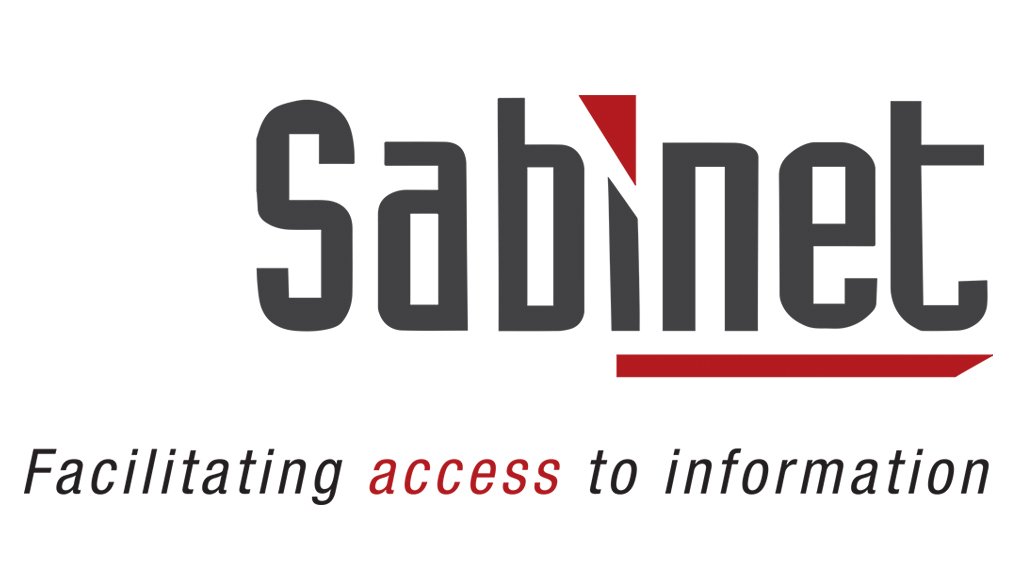The emergence of Artificial Intelligence (AI) platforms like OpenAI's ChatGPT has sparked many conversations and has garnered huge interest in terms of the potential implications for intellectual property (IP) rights. Many questions have arisen as to the copyright protection of AI-generated works, with ChatGPT and similar AI content-generating platforms being capable of generating content such as essays, articles, and music. The question on everyone’s lips being, ‘who owns the rights to the content?’
AI content generators, such as ChatGPT, are chatbots that use a combination of AI and natural language processing to understand questions, and to provide automated responses. It is not only content generation that has sparked conversations. With OpenAI's DALL-E able to convert text into graphics, the discussion takes on even greater depth—raising further questions about copyright laws.
To date, and by traditional standards, works created by individuals (humans) are protected by different forms of Intellectual Property (IP), including copyright. However, if AI-generated content satisfies the requirements for copyright protection, it could also be protected.
In South Africa, the Copyright Act differentiates between traditional authorial works and computer-generated works like OpenAI's DALL-E graphics, which would qualify as computer-generated artistic work. It may be worth reviewing the Copyright Act together with the proposed Copyright Amendment Bill to have a thorough view of existing and potential changes to the Act.
To determine if the work was original in its crafting, and therefore eligible for copyright protection, the skill and effort expended by the author must be considered. In the case of AI-generated content, the author is considered as the person responsible for arranging the generation or creation of the work.
An argument may be made that the developer of the AI and associated platforms could be considered the author, given that they meet the criteria for copyright protection. However, providing instruction to the AI, enabling it to make decisions on the outcome of the work may result in the user being identified as the author as they are then responsible for arranging the generation of the work.
Once the author is identified, it is necessary to determine if their efforts in creating the work were sufficient to render it original in its making and, therefore, eligible for copyright protection.
Determining who the author and copyright owner of AI-generated content can be a complex matter. One should carefully consider the circumstances surrounding the content creation and determine whether the author’s efforts in producing the work was sufficient for it to be considered deserving of copyright protection. Cases may need to be individually assessed on various merit, undergoing a factual inquiry, to draw a conclusion.
The use of AI to generate content for commercial purposes is not without risk and should be carefully approached. While the potential of AI seems almost limitless, it needs to be considered from a legal point of view and the implications are yet to be thoroughly explored Although the potential of AI technology is significant, it requires legal consideration to unpack its implications fully.
In conclusion, the ownership of AI-generated content is not straightforward and requires careful consideration. OpenAI's terms assign any rights arising from the creation of works to the user, subject to compliance with the user agreement. However, the terms also contain a license in favour of OpenAI to continue using the content that was generated and includes a warning that the AI programme may generate similar, or even the same work output for another user.
Submitted by Sabinet
EMAIL THIS ARTICLE SAVE THIS ARTICLE ARTICLE ENQUIRY
To subscribe email subscriptions@creamermedia.co.za or click here
To advertise email advertising@creamermedia.co.za or click here











